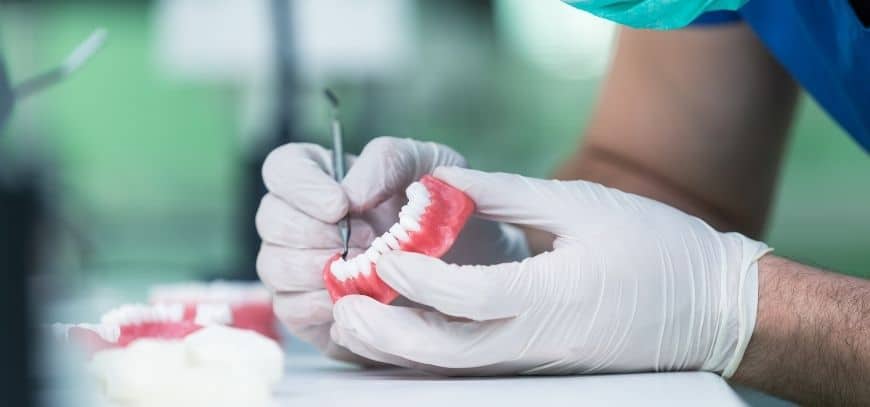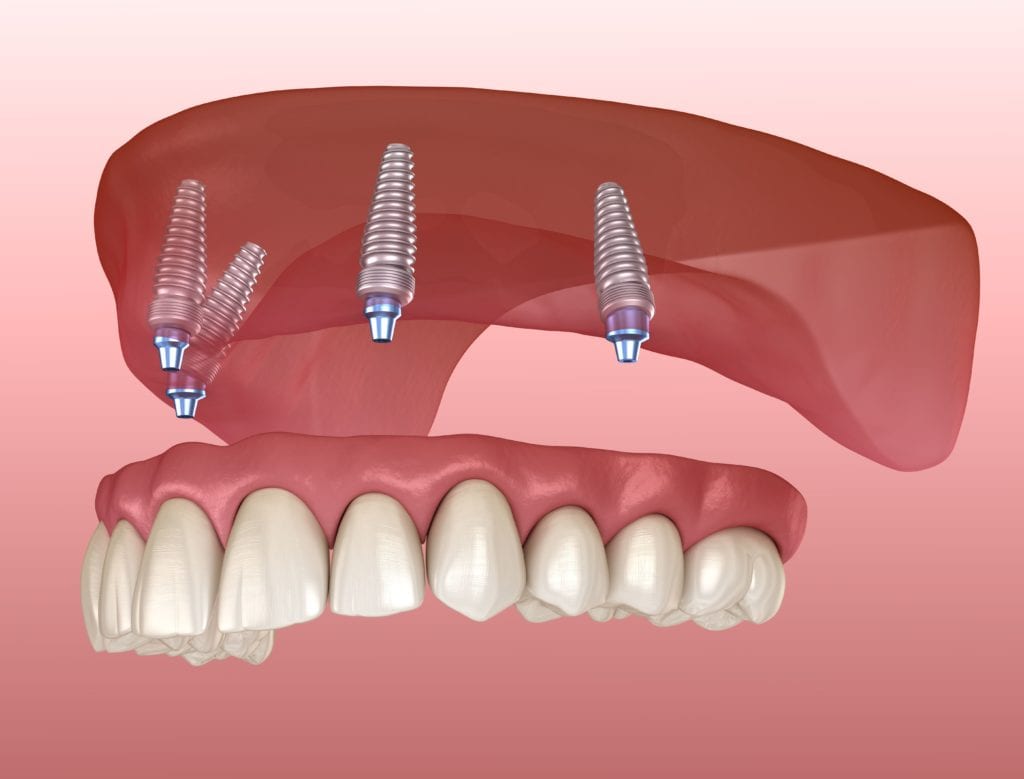
WHAT IS DENTAL PROSTHESIS?
Prosthesis is the dental area in which artificial teeth are positioned rather than missing teeth. According to the number of missing teeth, fixed or moving prostheses are produced.
Over the years, people wear food, chew, swallow and at night, for some reason, as a result of teeth grinding, teeth wear at different rates. In addition, caries and accidental fractures occur in some parts of the teeth. In such cases, the lost structures of the teeth are replaced by a prosthesis called Kuron. Prosthetic teeth is one of the treatment options that you can get from our dentists in Turkey.
TYPES OF DENTAL PROSTHESIS
- Dental implants
- Dental prosthesis crowns for single tooth
- Bridge prosthesis for multiple teeth
- Dentures
Removable Prosthesis
One of the prosthetic teeth option is removable ones. They are reversible dental techniques that the patient can remove when it is not necessary to use them. For patients who do not desire to undergo dental surgery to restore their damaged teeth, many dentists encourage the use of removable dental prosthesis, but will definitely benefit from this particular reconstruction.
Advantages of Dental Prosthesis;
- Improved chewing abilities
- Maintaining muscle tone
- Improved speaking ability
- Pronouncing words better
- A boost in self-esteem
Fixed Prosthesis
The other prosthetic teeth option is fixed ones. They are referred to as fixed because they are permanently mounted, which means that they can not be removed, bonded to the natural teeth. They can be made for a single tooth (crown) or multiple teeth (bridge).
Fequently Asked Questions
Each patient using dentures has a different adaptation period. Generally, it may take a few months. Within this period, patients may feel uncomfortable. Looseness or fullness may be felt in the first periods after the prosthesis is attached. After the adaptation process, the tongue and cheek muscles conform to the dental prosthesis.
Patients with hook dental prostheses should be careful during insertion and removal to avoid damage to the hooks. Acting slow and careful is recommended. The jaw should be closed when you realize that the prosthesis is fully seated.
If the prosthesis is not fully seated, it should not be tried to be placed by closing the jaw. This can damage the hooks. Therefore, great care must be taken throughout the process.
The lifespan of hook prostheses may vary depending on the patient. Hook dental prostheses require good hygiene and care. Cases like osteoporosis or weight loss may cause the prosthesis to move or become loose. Depending on the use of the person, issues like fracture and stretching can occur. In addition, the loss of the teeth that supports the prosthesis is also possible.
Precision attachment dental prostheses are prepared in approximately 5 sessions together with measurements and try-ons. If damage occurs later, repairs are made within 1-2 days, depending on the size and shape of the fracture.
Do You Have Any Question?
You can ask us any questions about this treatment 24/7.

